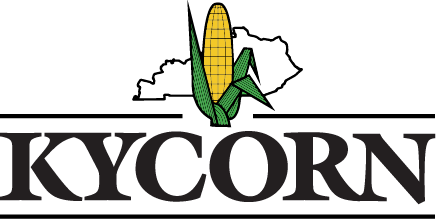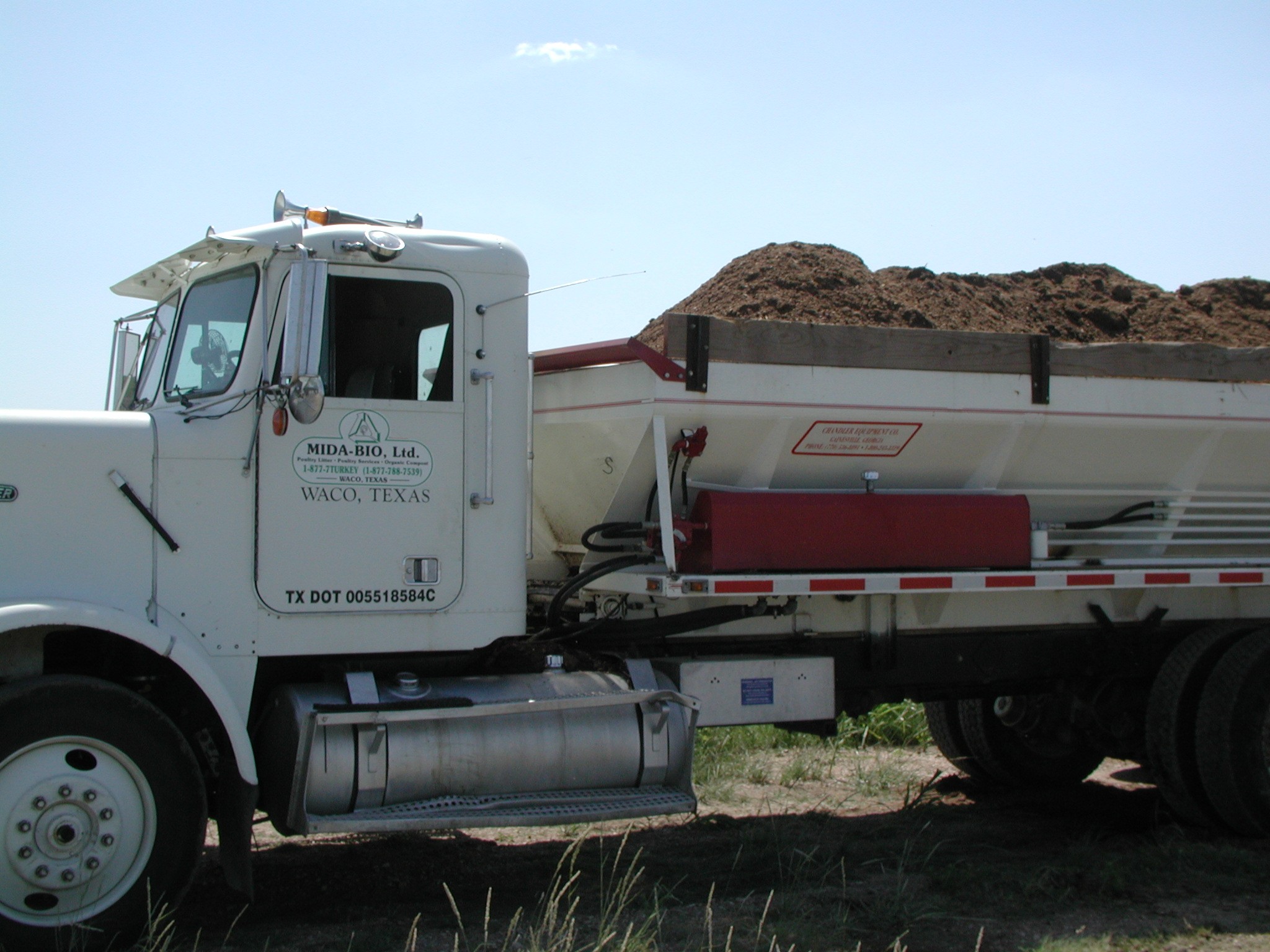By Jordan Shockley, Economic and Policy Update, November 2018
Spring application of broiler litter is ideal for maximizing the economic value but faces challenges that include wet soil conditions, lack of time to spread litter near planting, and availability of litter in the spring. Therefore, it is a common practice in Kentucky to apply broiler litter in the fall. While not optimal from an economic, agronomic, or environmental perspective, producers still need to understand the economic value from applying broiler litter in the fall.
Litter applied in the fall to fallow cropland will suffer from ammonium volatilization and leaching resulting in little to no nitrogen available to the crop come spring. This results in an economic value less than if applied in the spring. To evaluate the economic value of broiler litter applied in the fall, first assume that soil test recommendations indicate the need for phosphorus and potassium. Also, assume that “as received” broiler litter has a nutrient content of 50 lbs of nitrogen, 56 lbs of phosphorus, and 47 lbs of potassium (average for Kentucky). Broiler litter also contains calcium, therefore also has a lime value. With current fertilizer prices of $497/ton for anhydrous ($0.30/lb N), $490/ton for DAP ($0.41/lb P2O5), $354/ton for potash ($0.30/lb K2O), and $10/ton for lime (at the quarry), the expected value of broiler litter applied to fallow cropland in the fall is $34/ton.
This value should cover the price paid for the litter, transport, and application to compete with commercial fertilizer when applied in the fall. The value of broiler litter increases to $38/ton if it is spread in the fall to cropland that has a cover crop planted. Both fall broiler litter prices are higher compared to 2017 ($29/ton on fallow cropland and $33/ton for cover crop). This is directly attributed to an increase in anhydrous, DAP, and potash prices compared to this time last year.
If availability of litter in the spring is a concern, stockpiling litter purchased in the fall can be an option if local, state and federal regulations allow. With the correct storage techniques and a properly staked litter pile, producers can expect minimum nutrient loss for spring application. If the same commercial fertilizer prices hold, the average broiler litter in Kentucky would have a value of $40/ton if properly stored and applied in the spring.
The value of broiler litter differs in the fall if applied to pastures or land for hay production. If applying broiler litter to an established stand of alfalfa with a legume mix of <25% of the stand, the average broiler litter in Kentucky at current commercial fertilizer prices has a value of $46/ton. The value of broiler litter will vary based on grass type, established stands vs. new seeding/renovation, and whether the land is used for hay, pasture, or silage.
Since the value of broiler litter is dynamic and always changing, decision tools have been developed so producers can enter soil test data, nutrient content of measured litter, commercial fertilizer prices, and management practices of broiler litter applied to determine the value. Tools for applying litter to both grain crops and land in hay/pasture/silage are available and can be found on my website at the following link: http://www.uky.edu/Ag/AgEcon/shockley_jordan.php

